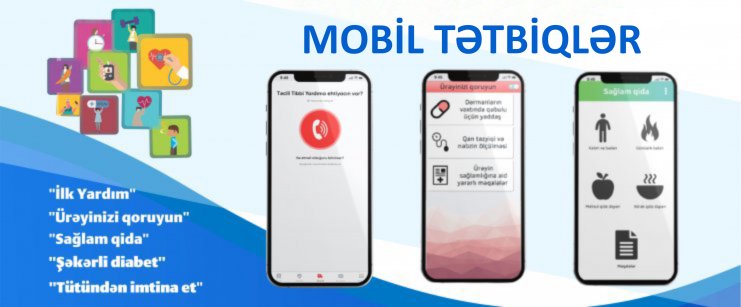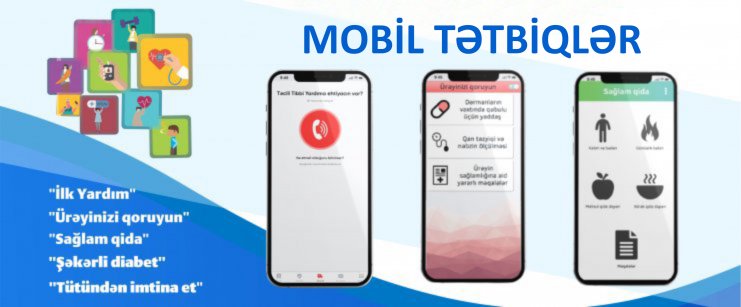30 APRIL 2015
A "Clinical protocol on prevention, diagnostics and treatment of opportunistic infections at patients with HIV/AIDS" will be distributed to appropriate institutions
On March 7 a "Clinical protocol on prevention, diagnostics and treatment of opportunistic infections in patients with HIV/AIDS" developed at the Public Health and Reforms Center (PHRC) was approved by the board of the Ministry of Health. The protocol was developed by leading medical experts to be used by physicians of medical institutions providing assistance to patients with HIV/AIDS. The clinical protocol targets a group of patients suffering from HIV/AIDS. The main goal of the clinical protocol is to assist in improving diagnostics, treatment and prevention of opportunistic infections at patients with HIV/AIDS. The document offers recommendations on application of the most up-to-date and evidence-based methods of diagnosis and treatment. The protocol covers such issues as early diagnostics, quality of life of patients with HIV/AIDS, and their social adaptation.
The "Clinical protocol on prevention, diagnostics and treatment of opportunistic infections at patients with HIV/AIDS" was developed based on scientific information on best practices of relevant medical interventions. While working on the protocol, a working group reviewed publications of such institutions as the Centers for Disease Control and Prevention (CDC) of the USA, National Institute for Health and Clinical Excellence (NICE) of the UK, World Health Organization (WHO).
Currently, the PHRC is distributing the "Clinical protocol for the prevention, diagnostics and treatment of opportunistic infections in patients with HIV/AIDS" to appropriate medical institutions.









